0.5 percent of the United States adult population follows a vegan diet, according to VeganBits.com. It is no secret that the vegan lifestyle is becoming more prevalent, and companies are adapting to cater to this crowd. However, there are many areas that are not improving their vegan options, and even more areas that can be considered food deserts.
There are people who wish to be vegans because they share the mindset, but are unable to do so because of their location, financial situation or a combination of both. Being a vegan is a privilege, and those who are able to do so should feel fortunate to have the ability.
There are different kinds of vegans. For those who have a lower income, it is still possible to be a vegan. There are many of junk foods that happen to be vegan that people don’t know about. Oreos are a great example of this. There are surprisingly no dairy products in Oreos, despite their creamy filling. Certain flavors of Doritos, including some cheesy flavors, are also vegan. This just goes to show that not all vegan food is healthy, despite the stereotype.
When a lot of people think of veganism, they think of places like Whole Foods, a grocery store that carries many organic and vegetarian/vegan substitutes. However, these substitutes are usually not cheap, and diet staples for vegans can really add up, especially because most grocery stores tend to price these items by weight.
Fruits and vegetables are important for maintaining a vegan diet, and luckily fresh produce can be found at various stores and markets for relatively cheap prices. Unfortunately, a lot of people don’t have access to these places.
Many people throughout the U.S. live in food desserts. This means that they do not have access to food, or more specifically, nutritional food. Living somewhere where the closest places to get nourishment are fast food restaurants and convenience stores would make it nearly impossible to live a vegan lifestyle.
This happens frequently, however, because many low income people live in food deserts. It is a vicious cycle because homes located in food deserts are usually cheaper, causing lower income families to purchase them.
They then are faced with the struggle of not having money or transportation, but still needing to provide food that is healthy for their families.
It can be difficult for some people to get other vegan products such as personal care or household items as well. It is becoming more commonplace for stores to carry a variety of products including ones that don’t include any animal derivatives, but this really depends on an individual’s location and living situation. Sometimes finding the vegan equivalent of something may only be possible online, and some people don’t have that luxury.
Veganism isn’t something everyone can do, whether because of financial reasons or lack of vegan options. While there is absolutely nothing wrong with choosing a vegan lifestyle, those who do should feel lucky to have the option. It would be sad for someone who strongly believes they should not be using animal products to have to do so anyway because of monetary issues. Unfortunately, this happens often.
Veganism is a lifestyle that may be easy to take for granted. If that is how an individual is used to living, they probably wouldn’t notice how it could be challenging for other people to follow this lifestyle. Perhaps companies should adapt and make vegan food available to more people because no one should have to eat something that they feel uncomfortable about. People shouldn’t have to go hungry because there aren’t any ethical options available.
Overall, being vegan is a privilege and it is important to be thankful to be lucky enough to live that lifestyle.

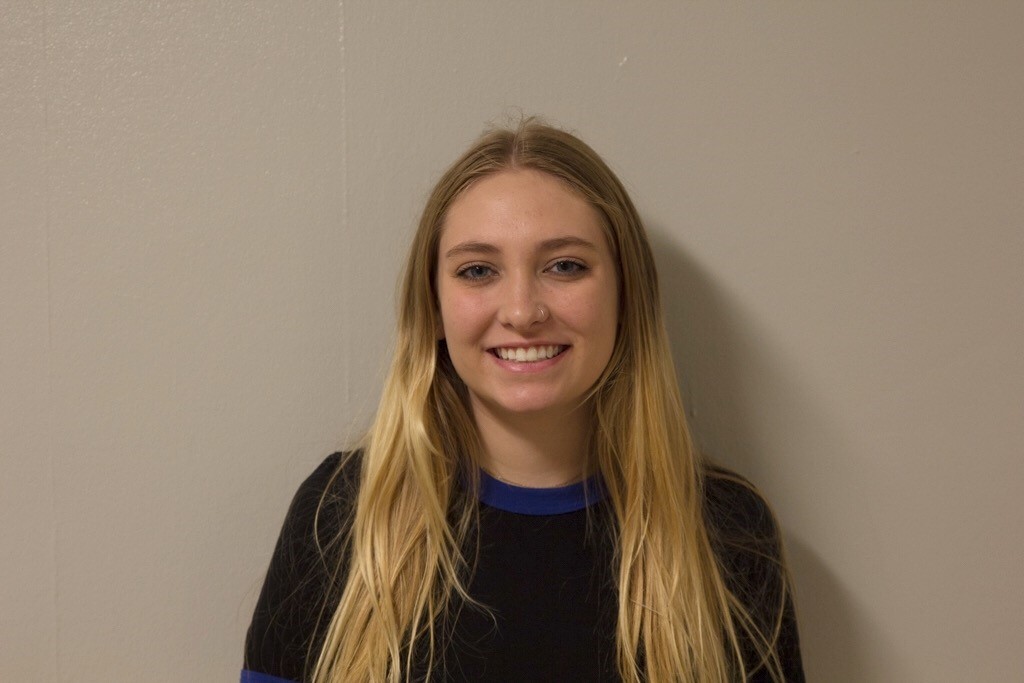
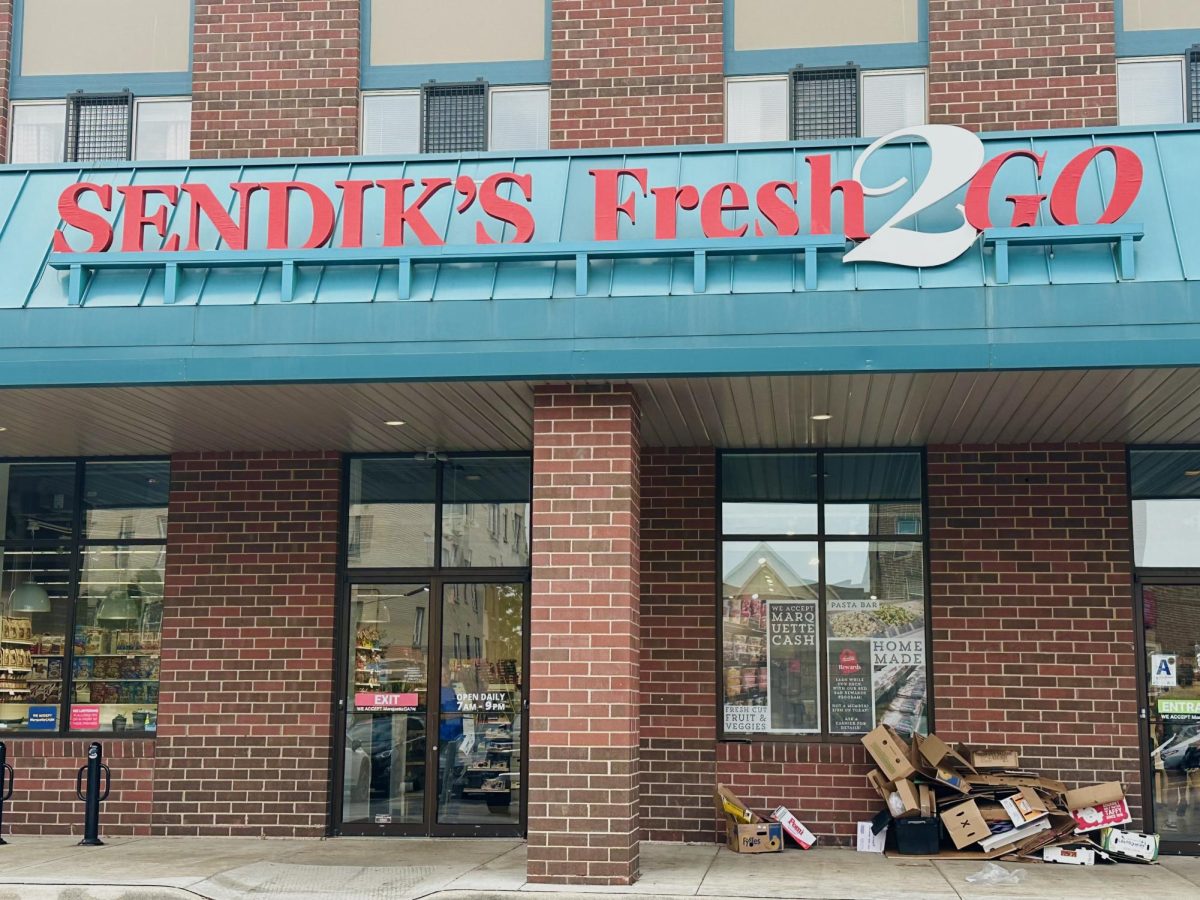
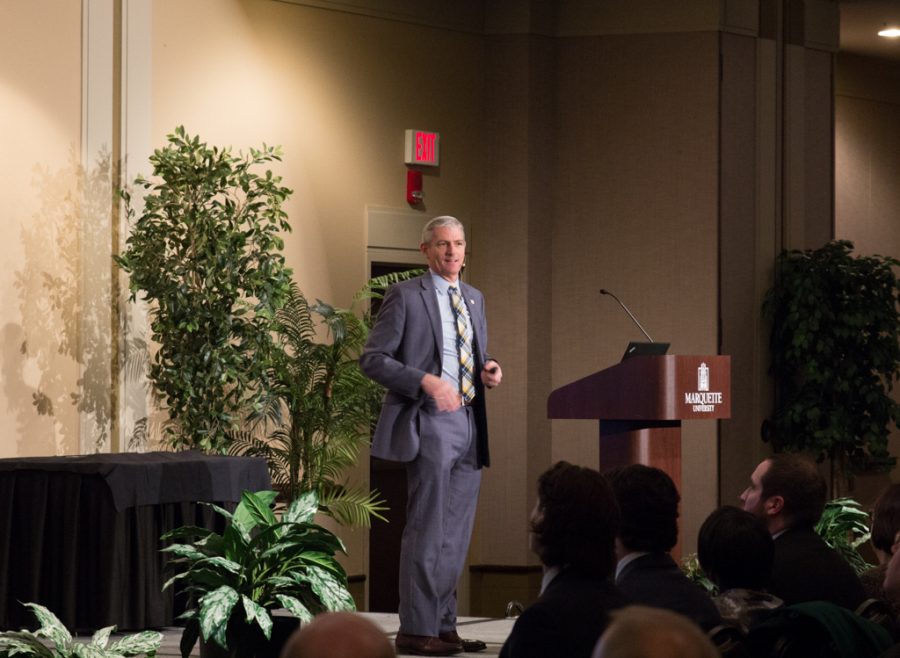

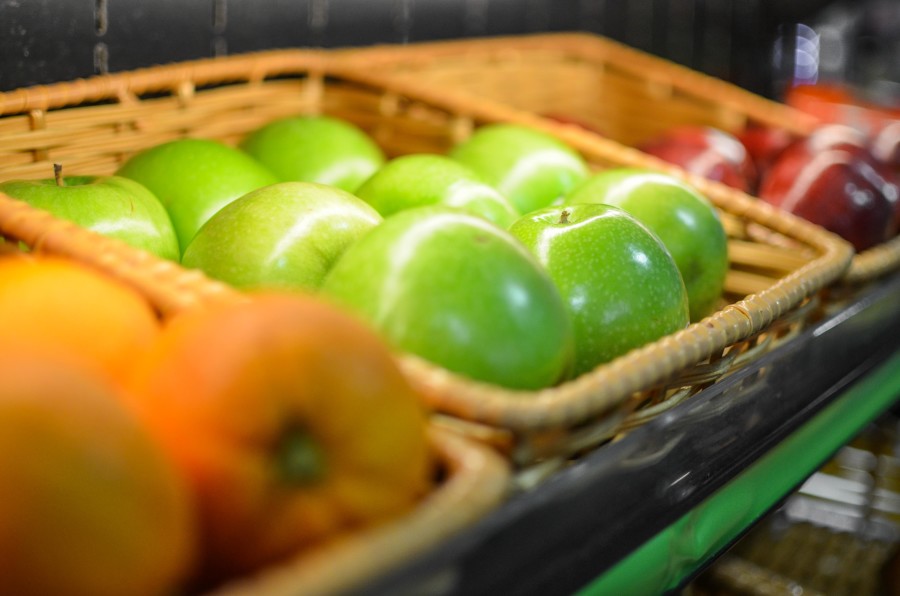
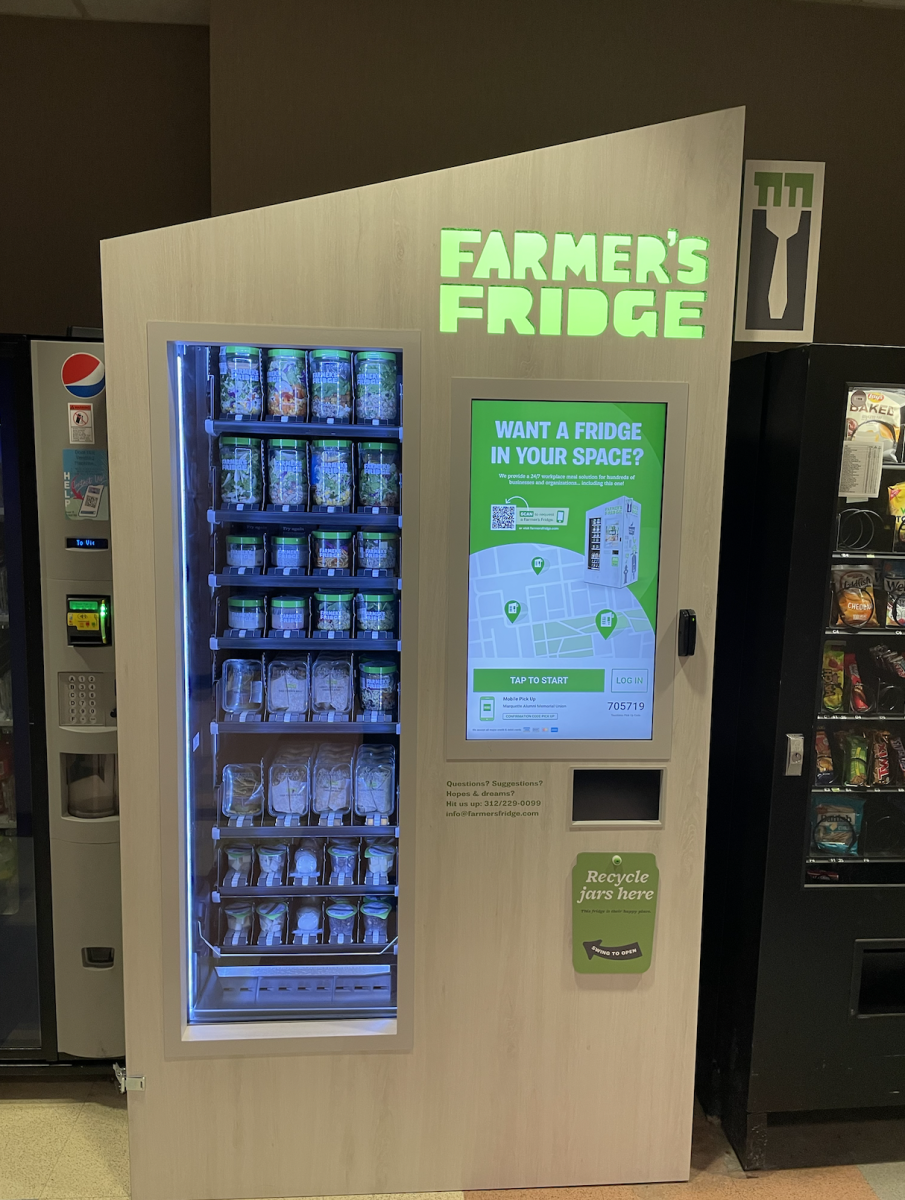
Chelsea • Nov 8, 2017 at 5:55 pm
I’m calling BS. The cheapest foods on this planet are rice, beans, and lentils. If you eat meat you are destroying the planet, not to mention taking an innocent life. Talk about acting privileged
Dan Berisford • Nov 8, 2017 at 5:47 pm
OMG. As I’m reading this my mouth is dropping. There are so many mis-truths I don’t know where to start. I’ll tackle your “privilege” argument. I spend about $20 a week for food as a vegan. I’m not malnourished. I’m not going to Whole Foods. I’m not eating Oreos. I eat rice, potatoes, legumes like lentils, tofu, beans, soups… I can literally go anywhere in the USA and buy these foods. There is no food desert in the USA for vegans. It’s not just for privileged people.
Before I was vegan, I spent $500 for my family to eat at a restaurant in Las Vegas. One meal. That’s a privilege. If I compared that experience with the whole of omnivores I’d come to the conclusion that killing millions of animals for food is much more of a privalage.
Animals consume 15x more resources than a human being. Privilege. Animals consume 20x more water. Privilege. Animals cover over 40% of the entire country. Privilege.
Robin • Nov 8, 2017 at 12:09 pm
Ok, well, let’s just this out of the way. Here is the thing, if someone cannot cannot afford cheese or the vegan cheese and vegan alternatives are out of their price range, and that it is supposedly cheaper to purchase dairy and meat that is not quality, than it is to purchase the above stated items. Novel idea..do not eat cheese or fake vegan products.
Healthy vegans live on a wide variety of foods including all kinds of beans (very cheap), pasta (very cheap), grains (buy a bag of flour, you would be amazed at how many breads you can make), vegetables and fruits (some are more expensive, but still not equivalent to the price of meat and dairy products), and nuts and seeds (ok, these can get pricey, but you don’t need much).
The ‘vegan diet’ you are speaking of is a junk food diet.
Now, yes, there are situations where it is next to impossible to eat vegan, and being homeless is likely one of them. Are you homeless? On a library computer? Oh..no..ok..
So The Vegan Society states that veganism is,”A philosophy and way of living which seeks to exclude—as far as is possible and practicable—all forms of exploitation of, and cruelty to, animals for food, clothing or any other purpose; and by extension, promotes the development and use of animal-free alternatives for the benefit of humans, animals and the environment. In dietary terms it denotes the practice of dispensing with all products derived wholly or partly from animals.” As you can see in the first sentence it says, “As far as practicable and possible.” There are situations where it is not entirely possible, but people should still do the best they can to consider the lives of all beings on the planet, and the potential impact of their choices.
Veganism is not a diet. It is a way of viewing the world, and a point of view based on an ethical way of living. Veganism is not a privilege for most.
Now, I do like the last couple of sentences in the article that say, “Perhaps companies should adapt and make vegan food available to more people because no one should have to eat something that they feel uncomfortable about. People shouldn’t have to go hungry because there aren’t any ethical options available.” This is absolutely true. People should not have to sacrifice adapt their ethical stance to meet their economic means. This is the world in which we live. We (vegans) are trying to change it.
It really gets tiresome to listen to those who continually drone on about how much cheaper it is not to be vegan. It is very untrue, and generally spread by those who are uneducated about what it means to be vegan, or too lazy to take the necessary steps to make the transition.
Jeremy • Nov 7, 2017 at 3:55 pm
It’s quite the opposite actually. Anyone who is privileged enough to take innocent lives and destroy the planet is the issue. Veganism is often less expensive than a meat-based diet, and much better for animals. people and the planet.
Gerald Votta • Nov 7, 2017 at 12:39 pm
Total BS the wealthiest countries in the world 🌎 eat the most meat MEAT IS A PRIVILEGE fruits and veggies are what poor people eat try try AGAIN!
Judith Lautner • Nov 7, 2017 at 12:02 pm
I agree that it can be challenging, especially for those who are not aware of what they can do. Those who do not belong to Facebook vegan groups, for example, or don’t know ways to get cookbooks inexpensively. In other words, it isn’t so much lack of access to the right foods that is critical as access – or even knowing you need access – to the right information.
I have seen commercials disparaging frozen foods, for example, when these are an excellent source of inexpensive, healthy food. Of course I mean frozen vegetables and fruits. There is nothing wrong with using frozen or even canned fruits and vegetables. Vegans also do not have to buy organic. It is more important to get the produce than to not have it because it isn’t organic. Grains like brown rice are inexpensive and even pricier grains can be stretched.
But how do you learn how to do these things? There are websites, like ForksOverKnives.com, PCRM.org, and drivenmcdougall.com, where recipes and advice are freely given. There are dozens, maybe hundreds, of vegan recipe blogs. And Whole Foods maintains a recipe base where you can search for recipes that are vegan and save them. The answers are out there but many people are not aware of where to go.
The privilege is in the education, the training, the groups we belong to. How do we change that? Many groups are doing just that. The Food Bank in Sacramento, for example, paired with a vegan group to teach low-income people about good plant-based nutrition for medical reasons. Those who joined are very enthusiastic about what they’ve learned and how much their health has improved. Documentaries like Forks Over Knives are easily available and have changed thousands of lives from all parts of the economic spectrum.
As in so many aspects of our culture, lack of knowledge is the biggest gap to getting where you want to go. Closing that gap will close any aspects of privilege.
Kram Namloc • Nov 7, 2017 at 10:41 am
Science: https://www.theguardian.com/environment/2010/jun/02/un-report-meat-free-diet
Your dead flesh diet is subsidized. Why? Because it is not sustainable.
Science: https://www.theguardian.com/environment/2016/may/25/un-expert-calls-for-tax-on-meat-production
And finally, more science:
https://www.washingtonpost.com/news/wonk/wp/2016/06/30/how-meat-is-destroying-the-planet-in-seven-charts/?utm_term=.de1c64174b67
Your animal eating is driving us to the Sixth Extinction.
David Young • Nov 7, 2017 at 10:08 am
A privilege? Anyone anywhere can eat a vegan diet, assuming they have enough money to buy food at all. It’s quite cheap, and there are books and websites that prove you can eat a healthy and tasty variety of foods inexpensively. It’s only a “challenge” to people who make it one.